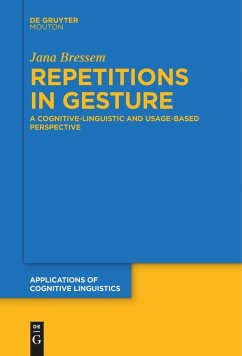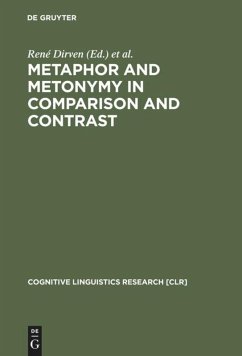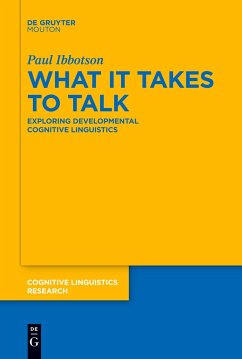Nicht lieferbar

The Development of the Concept of SMELL in American English
A Usage-Based View of Near-Synonymy
The last decades have witnessed a renewed interest in near-synonymy. In particular, recent distributional corpus-based approaches used for semantic analysis have successfully uncovered subtle distinctions in meaning between near-synonyms. However, most studies have dealt with the semantic structure of sets of near-synonyms from a synchronic perspective, while their diachronic evolution generally has been neglected. Against this backdrop, the aim of this book is to examine five adjectival near-synonyms in the history of American English from the understudied semantic domain of SMELL: fragrant, ...
The last decades have witnessed a renewed interest in near-synonymy. In particular, recent distributional corpus-based approaches used for semantic analysis have successfully uncovered subtle distinctions in meaning between near-synonyms. However, most studies have dealt with the semantic structure of sets of near-synonyms from a synchronic perspective, while their diachronic evolution generally has been neglected. Against this backdrop, the aim of this book is to examine five adjectival near-synonyms in the history of American English from the understudied semantic domain of SMELL: fragrant, perfumed, scented, sweet-scented, and sweet-smelling. Their distribution is analyzed across a wide range of contexts, including semantic, morphosyntactic, and stylistic ones, since distributional patterns of this type serve as a proxy for semantic (dis)similarity. The data is submitted to various univariate and multivariate statistical techniques, making it possible to uncover fine-grained (dis)similarities among the near-synonyms, as well as possible changes in their prototypical structures. The book sheds valuable light on the diachronic development of lexical near-synonyms, a dimension that has up to now been relatively disregarded.













